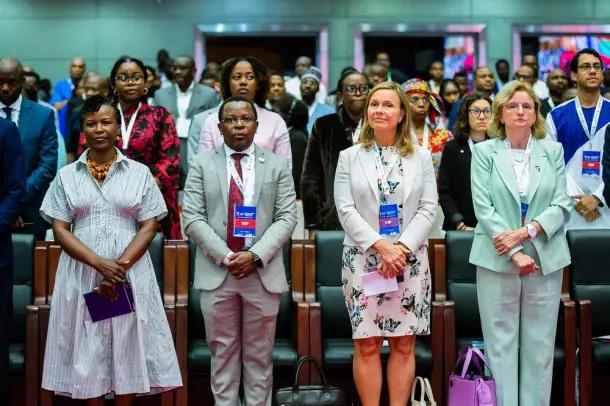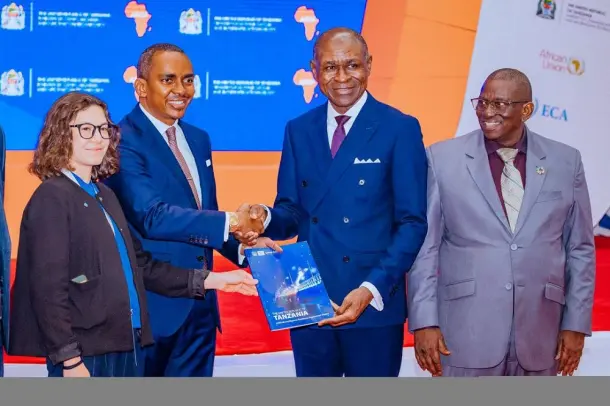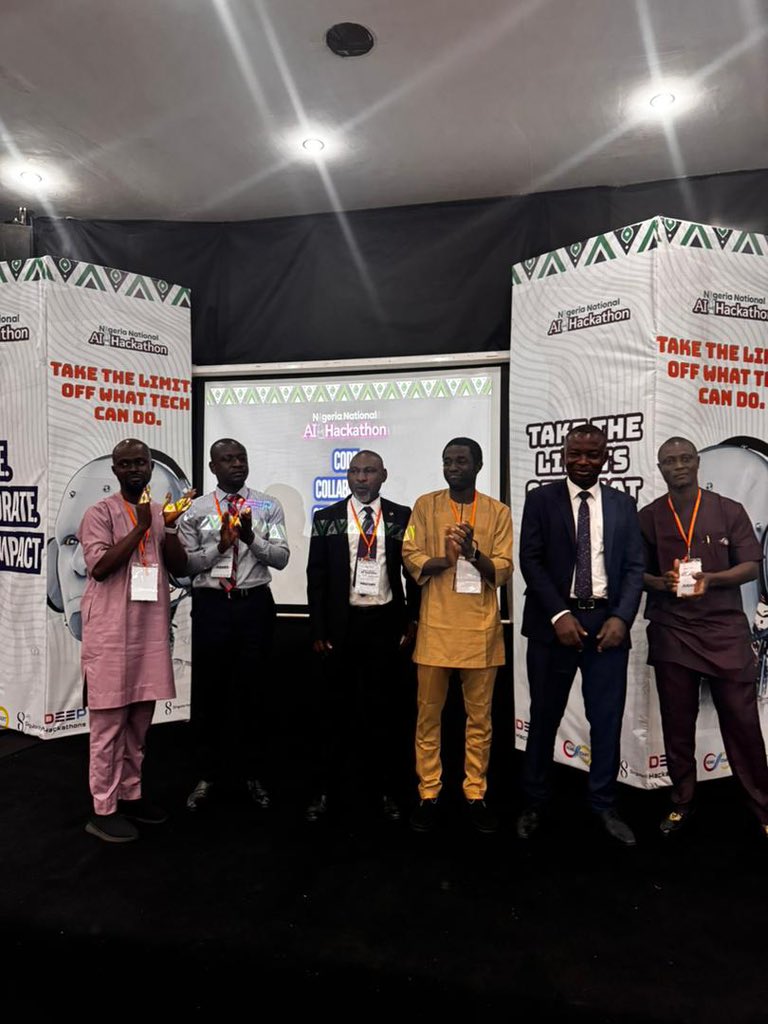Government Announces Final Stages of AI Framework as University Lab Strengthens Continental Capacity Building
DODOMA, Tanzania – Tanzania is finalising a national guideline for the responsible use of artificial intelligence to guide adoption of the fast-evolving technology, officials announced this week, marking a significant milestone in the East African nation’s digital transformation agenda.
Speaking at the opening of the 3rd Advanced AI Short Course at the University of Dodoma (UDOM), Mohammed Khamis Abdulla, permanent secretary in the Ministry of Communication and Information Technology, revealed that the government is in the final stages of preparing comprehensive AI guidelines aimed at ensuring responsible technology adoption across all sectors.
Strategic Policy Development
The announcement comes as Tanzania positions itself as a regional leader in artificial intelligence governance and development. The government is in the final stages of preparing a national guideline for the responsible use of Artificial Intelligence (AI), a strategic move aimed at guiding Tanzania’s adoption of the fast-evolving technology.
This policy framework represents Tanzania’s commitment to establishing ethical standards and regulatory mechanisms that will govern AI implementation while fostering innovation and economic growth. The guidelines are expected to provide clear direction for both public and private sector entities looking to integrate AI technologies into their operations.
UDOM’s AfriAI Lab Takes Center Stage
At the heart of Tanzania’s AI capacity building efforts lies the African Artificial Intelligence Lab (AfriAI Lab), founded in 2021 in partnership with the Nelson Mandela African Institution of Science and Technology. The lab serves as a continental hub for AI education and research, attracting participants from across Africa.

The two-week course, hosted at UDOM’s AfriAI Lab, covers machine learning, deep learning, natural language processing, and responsible AI. The program, running from September 16-26, 2025, demonstrates the comprehensive approach Tanzania is taking toward AI education and skill development.
Comprehensive Training Program
The current Advanced AI Short Course represents the third iteration of this flagship program, which has become a cornerstone of Africa’s AI education landscape. The two-week short course, taking place at the AfriAI Lab from on Monday to September 26th this year, focuses on key areas such as machine learning alongside other critical AI disciplines.
The program targets professionals from both public and private sectors, ensuring that AI knowledge and capabilities are distributed across Tanzania’s economic ecosystem. This approach reflects the government’s understanding that successful AI adoption requires broad-based capacity building across multiple industries and institutions.
Continental Impact and Collaboration
The AfriAI Lab is a project run in collaboration between two public academic institutions in Tanzania, The University of Dodoma (UDOM) & Nelson Mandela African Institution of Science and Technology (NM-AIST). This partnership has created a model for inter-institutional collaboration that other African countries are beginning to emulate.
The lab’s work extends beyond Tanzania’s borders, addressing the continent’s growing need for AI expertise and ethical frameworks. There is a notable surge in the adoption of artificial intelligence (AI) across Africa, offering new opportunities for inclusive and sustainable development. AI technologies are being integrated into various sectors, such as health care, agriculture and education, to enhance services and outcomes.
Addressing Infrastructure and Capacity Challenges
Tanzania’s AI initiative comes at a critical time when African nations are grappling with the dual challenge of adopting emerging technologies while ensuring they have the necessary infrastructure and human capital. However, to fully realize the potential of AI in Africa, it is crucial to address challenges related to infrastructure, technical capacity, and regulatory frameworks.
The AfriAI Lab’s training programs are specifically designed to address these capacity gaps by providing hands-on experience with AI technologies and their practical applications in African contexts. The focus on responsible AI ensures that participants understand not just the technical aspects but also the ethical implications of AI deployment.
Government’s Broader Digital Vision
The AI guidelines and training expansion are part of Tanzania’s comprehensive digital transformation strategy. Previous government initiatives have included substantial investments in ICT training for civil servants, with the government through Digital Tanzania Project is set to spend 4.7billion US dollars (equivalent to 11.75tri/-) to train 500 civil servants in Information and Communication Technology (ICT).
Focus on Good Governance
Recent workshops hosted by UDOM have emphasized the role of AI in improving governance and public service delivery. The University of Dodoma (UDOM) has hosted a high-level workshop on Artificial Intelligence (AI) for good governance, aimed at promoting efficiency, transparency and accountability in both public and private sectors.
This focus on governance applications of AI demonstrates Tanzania’s commitment to using technology to improve public service delivery and enhance democratic processes while maintaining transparency and accountability.
International Recognition and Support
Tanzania’s AI development efforts have gained international attention and support. Evidence-based data is crucial in shaping inclusive, ethical national AI policies and strategies, a principle that has guided Tanzania’s approach to developing its AI guidelines through consultative processes involving multiple stakeholders.
Looking Ahead
As Tanzania moves toward finalizing its national AI guidelines, the country is setting an important precedent for responsible AI adoption in Africa. The combination of comprehensive policy development, institutional capacity building through the AfriAI Lab, and strategic international partnerships positions Tanzania as a potential leader in Africa’s AI transformation.
The success of these initiatives could provide a blueprint for other African nations seeking to harness AI’s potential while ensuring ethical and responsible deployment. As the continent faces mounting challenges in healthcare, education, agriculture, and governance, the responsible adoption of AI technologies could prove crucial to achieving sustainable development goals.
The timing of these developments is particularly significant as global discussions around AI governance intensify, with Tanzania positioning itself to contribute meaningfully to these conversations from an African perspective.
The 3rd Advanced AI Short Course at UDOM’s AfriAI Lab continues through September 26, 2025, with participants from across the African continent engaged in intensive training on machine learning, deep learning, natural language processing, and responsible AI practices.




